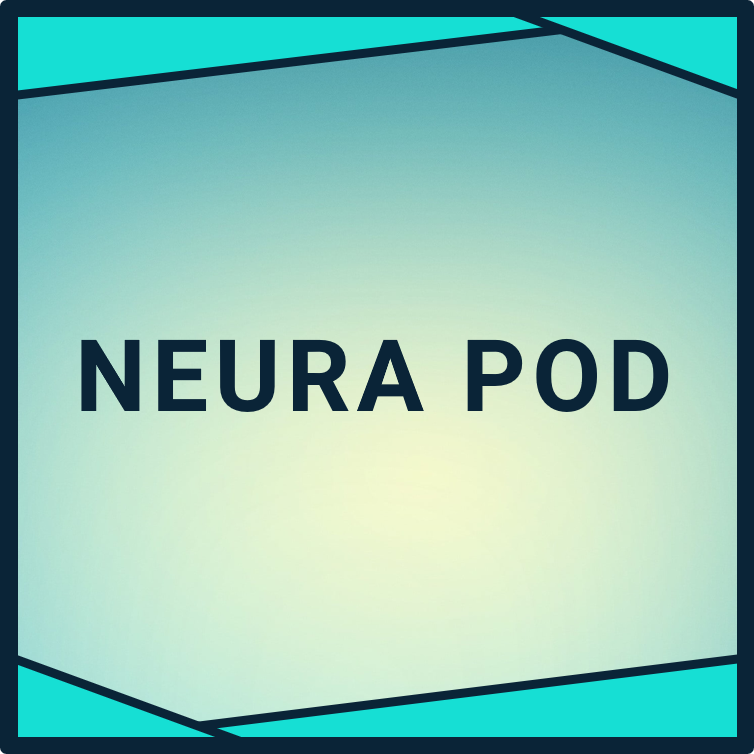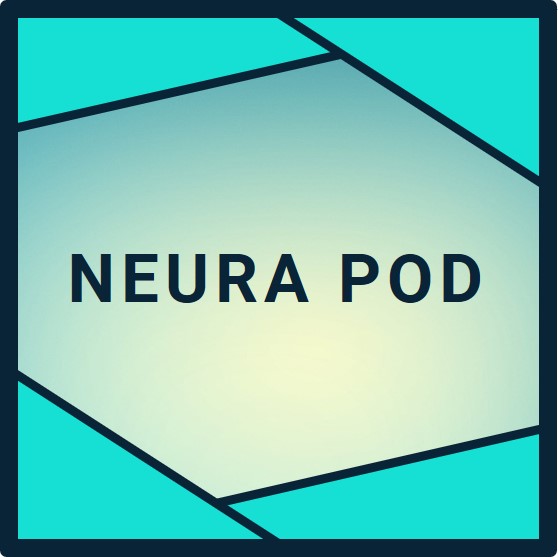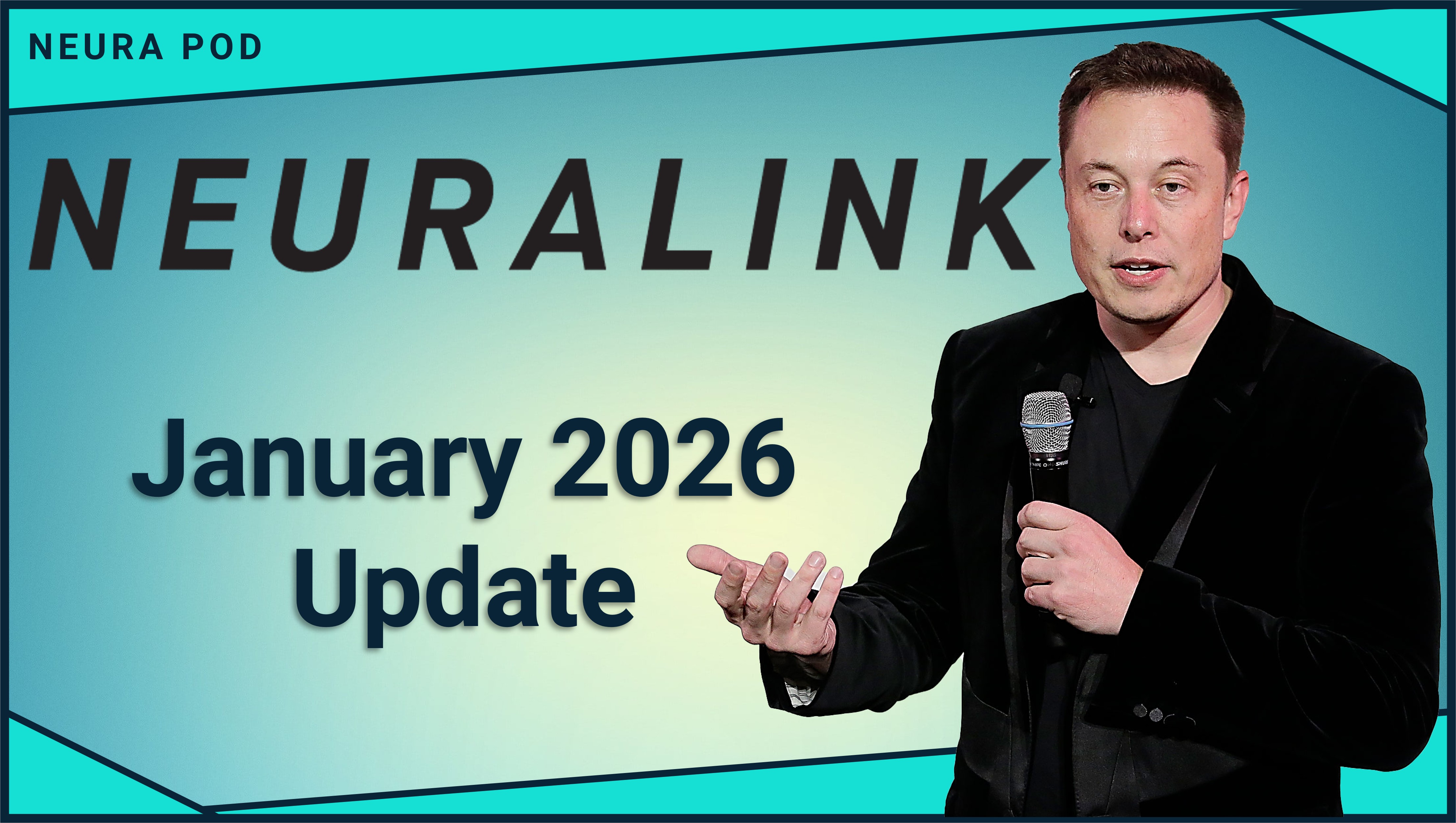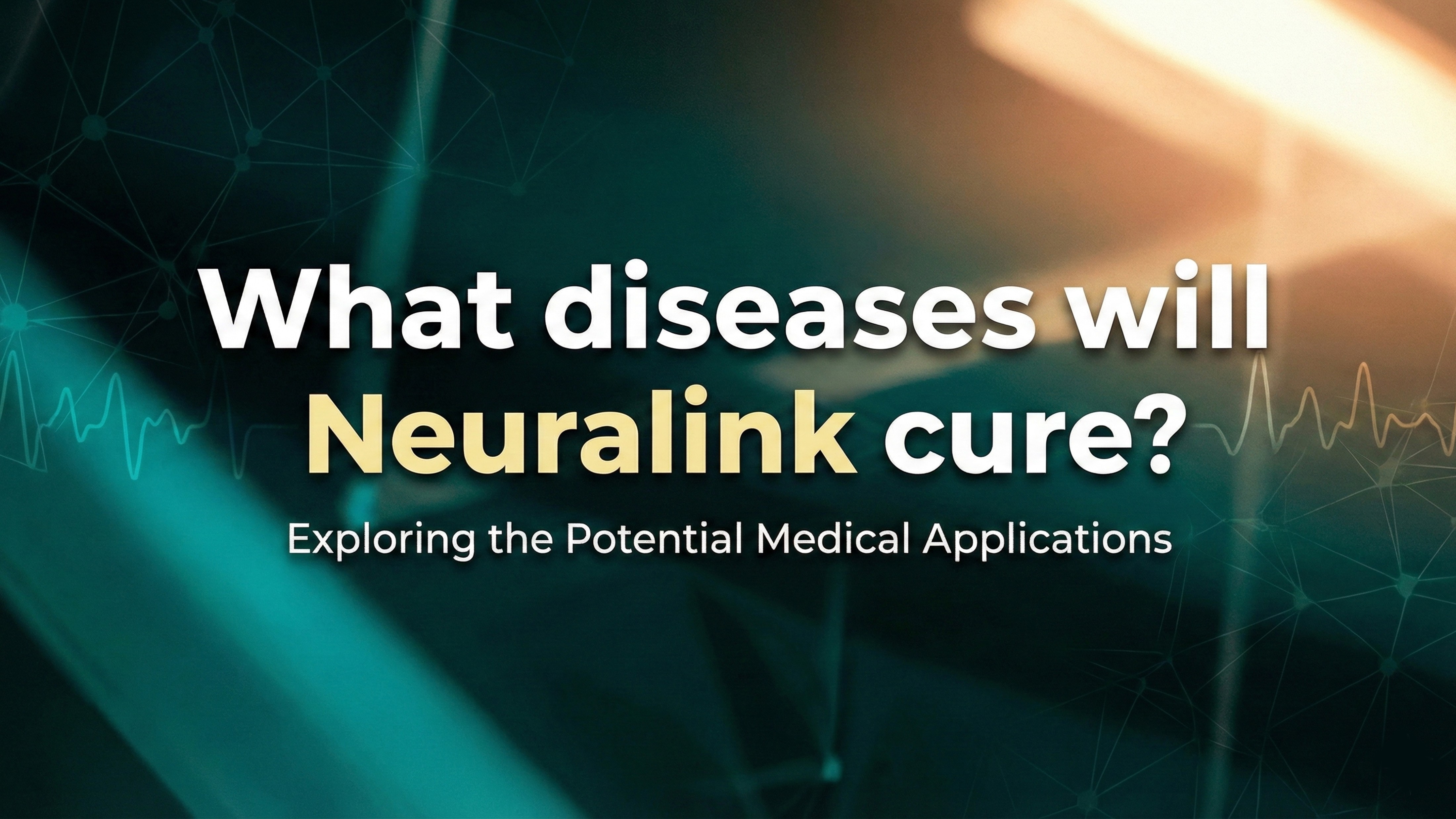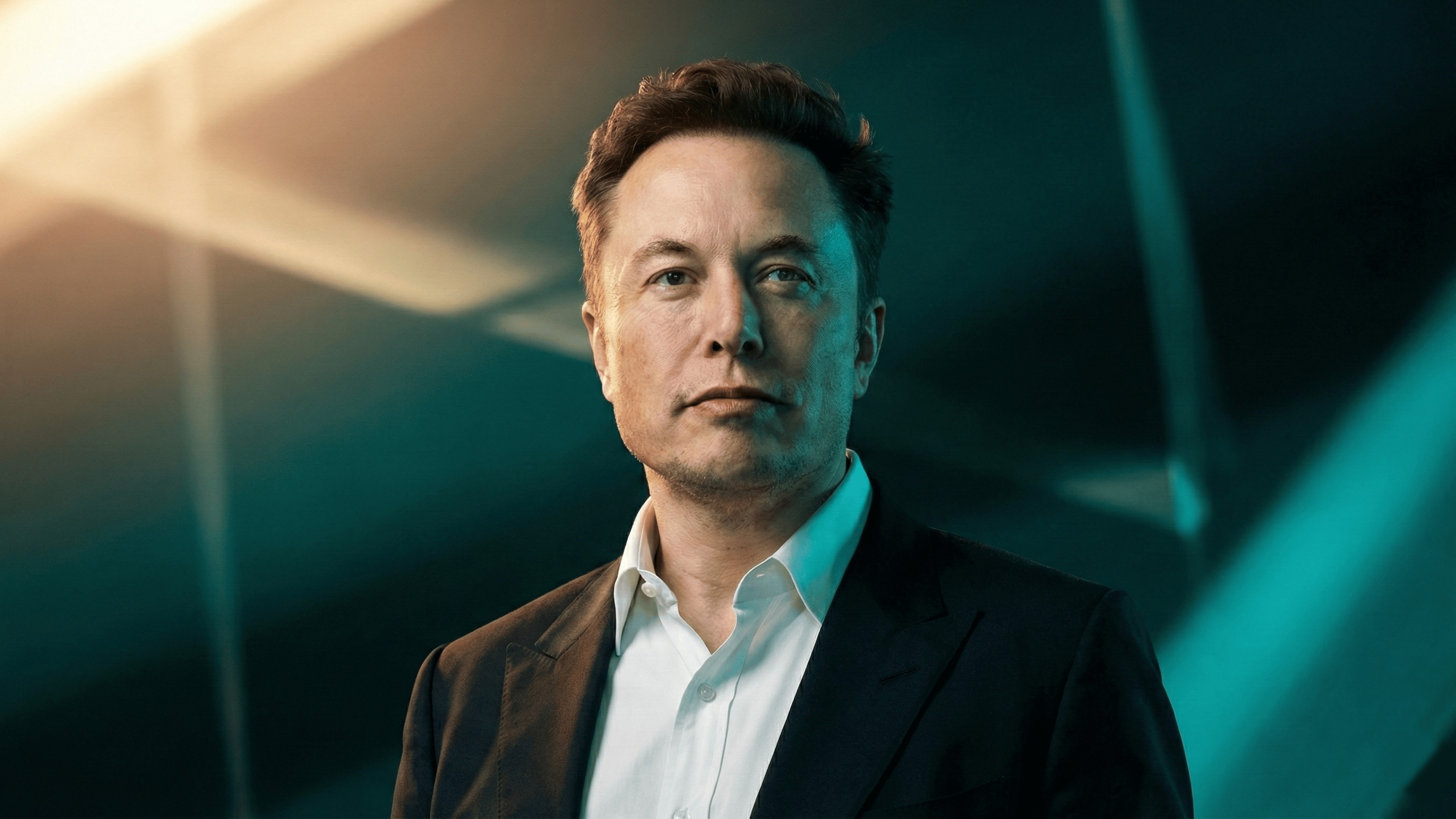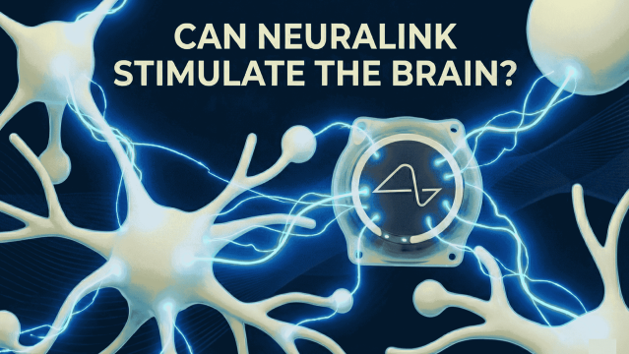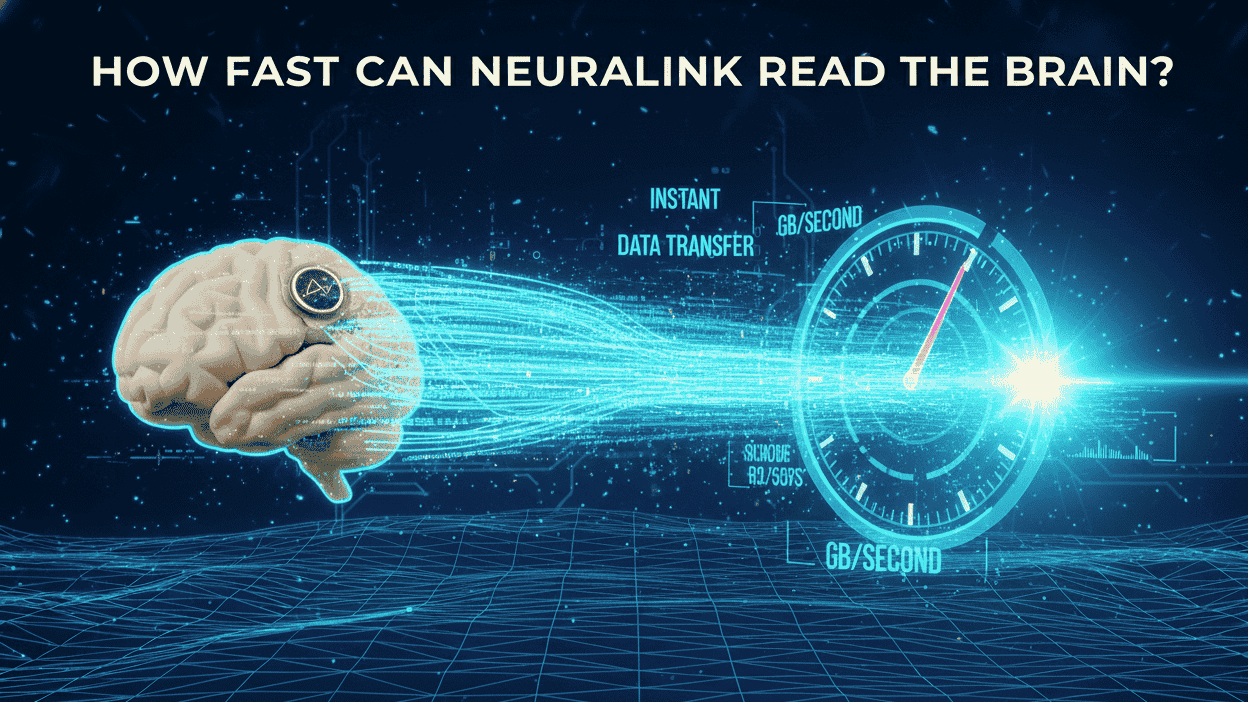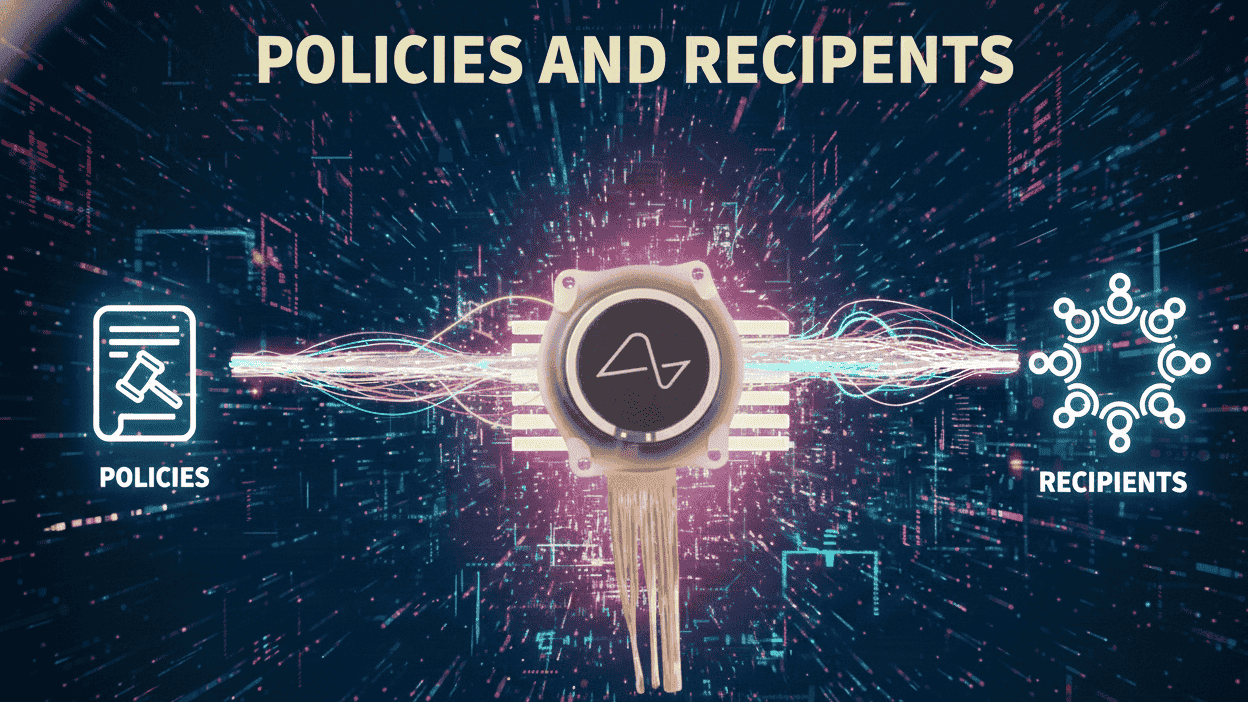- Neuralink clinical trials eligibility targets adults aged 22 and older with quadriplegia due to spinal cord injury or ALS that has remained stable without improvement for at least one year.
- Eligible candidates must have a reliable caregiver and lack conditions such as pacemakers, seizure history, or ongoing MRI needs that could interfere with the implant.
- Interested individuals worldwide can apply by joining the global Patient Registry at neuralink.com/trials/ to undergo screening for active studies like PRIME and CONVOY.
Neuralink's Active Clinical Trials Overview
Neuralink conducts clinical trials to test its N1 brain implant, which enables thought-based control of computers and devices. The company focuses on individuals with severe paralysis to restore digital and physical autonomy. As of October 31, 2025, trials operate in the United States, Canada, United Kingdom, and United Arab Emirates, with 13 implants completed across these locations. Elon Musk announced that the first patient, Noland Arbaugh, may soon receive an upgrade or second implant to enhance capabilities like video game performance.
The flagship PRIME Study evaluates the safety and functionality of the N1 Implant, R1 surgical robot, and associated software. Participants use the implant to control cursors, keyboards, and apps mentally. Building on this, the CONVOY Study allows PRIME participants to test robotic arm control, as demonstrated by patient Alex Conley. Neuralink's global Patient Registry serves as the entry point, now open worldwide for preliminary screening.
Elon Musk's vision drives expansion, with over 10,000 registry sign-ups and plans for 7 more implants by year-end. This positions Neuralink to deliver practical benefits while advancing toward broader applications.
Detailed PRIME Study Eligibility Criteria
The PRIME Study sets the core eligibility standards for Neuralink trials. Candidates must meet strict inclusion criteria to ensure safety and study validity.
Primary requirements include quadriplegia, defined as limited function in all four limbs, caused by cervical spinal cord injury or amyotrophic lateral sclerosis (ALS). The condition must be at least one year post-onset with no improvement in mobility. Participants need to be 22 years or older and reside near study sites for regular visits.
A reliable caregiver is essential for daily support during the six-year commitment, which includes 18 months of primary study visits and five years of follow-up. Neuralink compensates for travel and related costs.
Exclusions protect participants from risks. Those with active implanted devices like pacemakers or deep brain stimulators cannot join, as electromagnetic interference could occur. A history of seizures, ongoing MRI requirements for medical conditions, or current transcranial magnetic stimulation treatment disqualify applicants. These measures reflect Neuralink's commitment to participant well-being.
Recent examples confirm fit: Noland Arbaugh (spinal cord injury) and Paul Hutchings (motor neuron disease, a form of ALS) received implants and quickly achieved computer control.
CONVOY Study: Eligibility for Robotic Arm Control
The CONVOY Study extends PRIME outcomes by testing N1 Implant control of assistive robotic arms. Eligibility is streamlined for existing PRIME participants, enabling cross-enrollment without new surgeries.
Candidates must have a functional PRIME implant and demonstrate stable performance in digital tasks. The study evaluates precision in real-world actions like grasping objects, building on Alex's successes. Locations mirror PRIME sites, with UK expansion via University College London Hospitals.
This progression highlights Neuralink's iterative approach. PRIME graduates gain physical independence, aligning with Elon Musk's goal of full autonomy restoration. Future iterations may include additional devices, broadening impact.
Step-by-Step Application Process via Patient Registry
Applying for Neuralink trials begins with the global Patient Registry, accessible at neuralink.com/trials/. The process is straightforward and open to qualifying individuals anywhere.
First, complete the online form with basic details and consent to medical record review. Neuralink assesses preliminary eligibility based on self-reported quadriplegia and stability. Approved applicants advance to detailed screening, including medical history verification and site-specific evaluations.
Selected candidates undergo R1 robot surgery under local anesthesia, followed by at-home training. The N1 User App calibrates to individual brain signals for intuitive control. Commitment involves bi-weekly research sessions and clinic visits.
Neuralink provides full support, from transportation to engineering assistance. Over 10,000 have registered, with rapid progression to implantation for top matches. Elon Musk emphasizes accessibility, noting international growth accelerates participant diversity.
Global Expansion and Future Trial Opportunities
Neuralink's trials span four countries, with Canada and UAE marking early international milestones. UK launches at UCLH and Newcastle Hospitals target ALS and spinal injury patients. US sites include Barrow Neurological Institute and University of Miami Health.
Expansions to Australia and the European Union are planned for 2026, increasing access. Elon Musk ties this to human-AI symbiosis, where implants enable superhuman abilities post-medical validation.
Registry inclusion positions applicants for upcoming studies, including speech restoration and Blindsight vision. Neuralink's safety record, with zero serious complications in 15,000+ implant hours, builds confidence.
TL;DR
Neuralink clinical trials offer transformative opportunities for adults 22+ with stable quadriplegia from spinal cord injury or ALS, requiring a caregiver and no conflicting implants or conditions. Join the global Patient Registry at neuralink.com/trials/ for screening into PRIME (computer control) and CONVOY (robotic arms) across the US, Canada, UK, and UAE. With 14 implants active and upgrades imminent, Elon Musk's leadership delivers real autonomy today while paving the way for enhanced human potential tomorrow. Over 10,000 registered applicants signal strong momentum toward worldwide availability.
